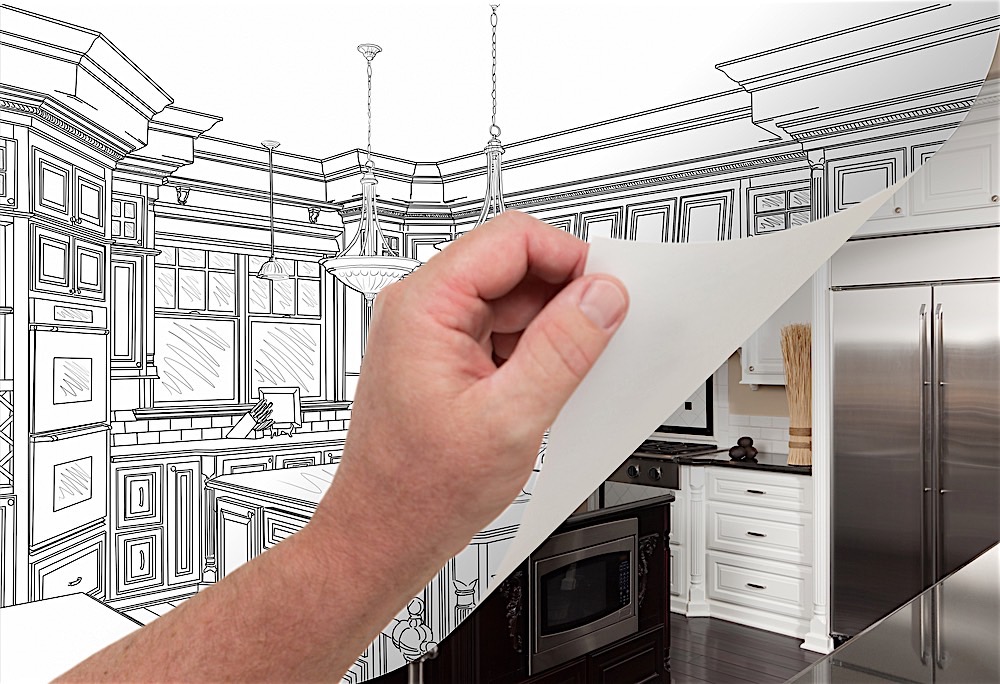 You’ve signed the papers at the real estate closing, you’re getting ready to move into the house – now what? The process of buying a home can be stressful, but what should you do now that it’s over? Here are a few things to remember the next time you’re buying a home:
You’ve signed the papers at the real estate closing, you’re getting ready to move into the house – now what? The process of buying a home can be stressful, but what should you do now that it’s over? Here are a few things to remember the next time you’re buying a home:
● Make sure the utilities are switched over. Nothing is worse than postponing your move because the utilities aren’t ready. If the home still has current utilities under the previous owner’s name, call to get them switched over and you can save money with reconnection fees.
● Prepare a recommendation for your real estate agent. If you’ve had a fantastic real estate agent, people will want to know about it! You may even consider thanking your real estate agent in writing and letting them know you’d be more than willing to serve as a reference. If you were unhappy with the service you received, note that as well – you may even go as far as letting the agent’s broker know about your experience.
● Post-closing stipulations. Sometimes, the real estate closing isn’t the formal end of the home buying process. Buying a home in winter may mean that you can’t inspect parts of the home (such as a swimming pool). A buyer or seller may hold funds in escrow as long as both parties are very specific about the timeline and the amount of money involved.
● Repairs after the real estate closing. If the home needs repairs but they can’t happen because of the weather, the seller may place money in escrow to complete the repairs after the real estate closing. This is especially common for roofing repairs, but it can happen for any part of the home that needs to be repaired.
● Is the seller staying? Sometimes, buyers and sellers will reach an agreement that allows the seller to stay in the home for a specific length of time. This agreement, called a use and occupancy agreement, can be enacted when sellers need time to purchase a new home or move their belongings after the closing. If this is the case, you’ll want to stipulate how long they can stay and whether or not they’ll pay for utilities, rent and any damages that occur.
Just because the real estate closing has happened, that doesn’t mean the entire process is finished. Remember that buying a home can be drawn out past the closing through a variety of formal and informal contracts and agreements.





